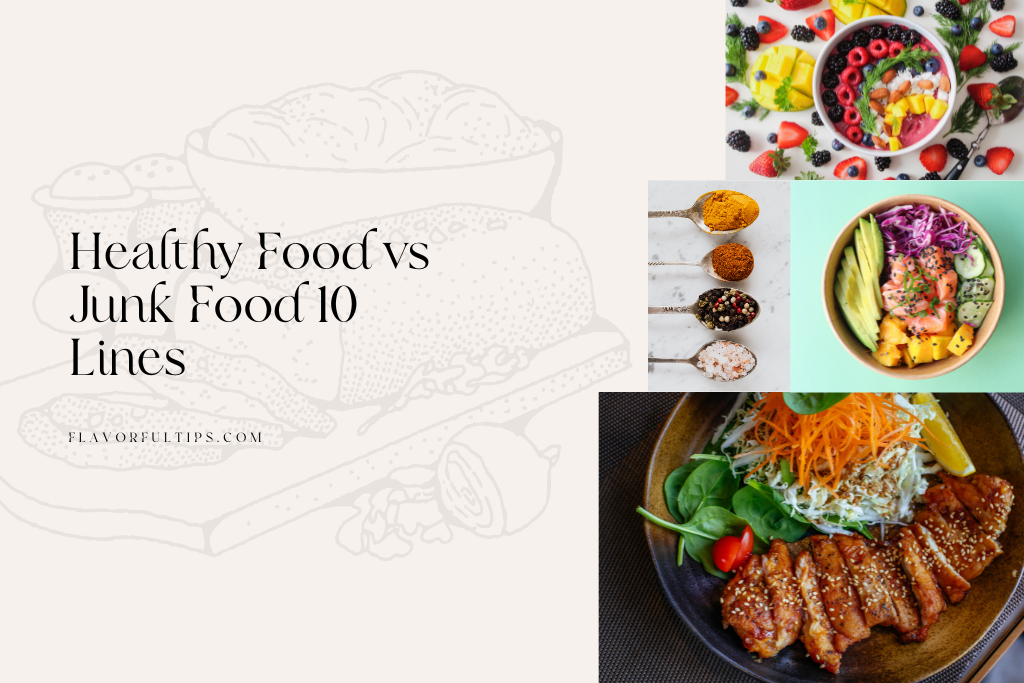Have you ever wondered how the drinks you enjoy today can affect your health in the long run? what are the recommended drink limits in order to reduce long-term health risks? Well, the truth is, what we choose to sip on can have a big impact on our overall well-being. From the refreshing taste of water to sugary delights, and even that occasional glass of wine, each beverage we consume carries its own set of health implications. In this blog, we’ll explore the recommended drink limits that can help us make healthier choices and reduce the risks to our long-term health. So, grab your favorite drink, and let’s dive into the world of better beverage choices!
What Are the Recommended Drink Limits in Order to Reduce Long-term Health Risks?
1. Water – The Ultimate Drink:
Let’s start with the simplest and healthiest drink of all – water. Water is essential for our bodies. It keeps us hydrated, helps digestion, and even makes our skin look good. There’s no set limit on how much water you should drink because it varies from person to person. But a good rule of thumb is to aim for at least 8 glasses (64 ounces) a day. If you’re active or live in a hot climate, you might need more.
2. Sugary Drinks – Watch Out!
Sugary drinks like soda, fruit juices, and energy drinks taste great, but they can cause big health problems if we consume too much. These beverages are packed with excessive sugar, a factor that can contribute to weight gain, tooth decay, and a higher likelihood of developing heart disease and type 2 diabetes. The recommended limit for sugary drinks is easy to remember: try to have them only occasionally. Maybe save them for special occasions and stick to healthier options on a daily basis.
3. Alcohol – Moderation is Key:
Many adults enjoy a drink or two, whether it’s a glass of wine, a beer, or a cocktail. Although some studies propose that moderate alcohol consumption may offer specific health advantages, it’s important to remember that too much alcohol can harm our health. The recommended drink limits for alcohol are as follows:
- For men, it’s generally recommended to limit alcohol to no more than two drinks per day.
- For women, the recommended limit is one drink per day.
- If you’re pregnant or planning to become pregnant, it’s best to avoid alcohol altogether.
4. Caffeine – Don’t Overdo It:
Caffeine can be found in tea, coffee, energy drinks, and some soft drinks. While caffeine can help us feel more awake and alert, too much of it can lead to problems like insomnia, jitteriness, and increased heart rate. The recommended limit for caffeine intake varies from person to person, but it’s a good idea to keep it below 400 milligrams per day for most adults. That’s roughly the amount in four cups of brewed coffee.
| Also read: How to Make Brown Sugar Milk Tea |
5. Milk – Building Strong Bones:
Milk and dairy products serve as excellent sources of calcium, a crucial element for maintaining sturdy bones and healthy teeth. The recommended daily intake of dairy varies by age, but in general, adults should aim for 2-3 servings of dairy per day. This could include milk, yogurt, or cheese. If you’re lactose intolerant or prefer plant-based options, there are plenty of dairy-free alternatives available, such as almond milk or soy milk, that are fortified with calcium.
6. Herbal Teas – A Healthy Choice:
Herbal teas, such as chamomile, peppermint, and green tea, not only delight the taste buds but also provide valuable health benefits. They are usually caffeine-free and can help with relaxation, digestion, and even provide antioxidants. There’s no strict limit on herbal tea consumption, so feel free to enjoy them throughout the day. Just be cautious with adding too much sugar or honey, as it can negate some of the health benefits.
7. Sports Drinks – For Active Days:
Sports drinks can be useful if you’re engaged in intense physical activity and need to replace lost electrolytes. However, for most people, they’re not necessary for everyday consumption. They often contain added sugars and calories, so it’s best to limit them to those times when you’re really sweating it out during exercise.
8. Energy Drinks – Use with Caution:
Energy drinks might give you a quick burst of energy, but they can also lead to problems like rapid heart rate, high blood pressure, and sleep disturbances due to their high caffeine and sugar content. It’s best to avoid them or use them sparingly, especially if you have any underlying health conditions.
Conclusion
What we drink matters a lot when it comes to our long-term health. By following these recommended drink limits and making healthier beverage choices, we can reduce our risk of developing health problems down the road. Remember, it’s all about moderation and balance. So, drink plenty of water, enjoy your favorite beverages in moderation, and prioritize your health. Your body will thank you for it in the years to come!



